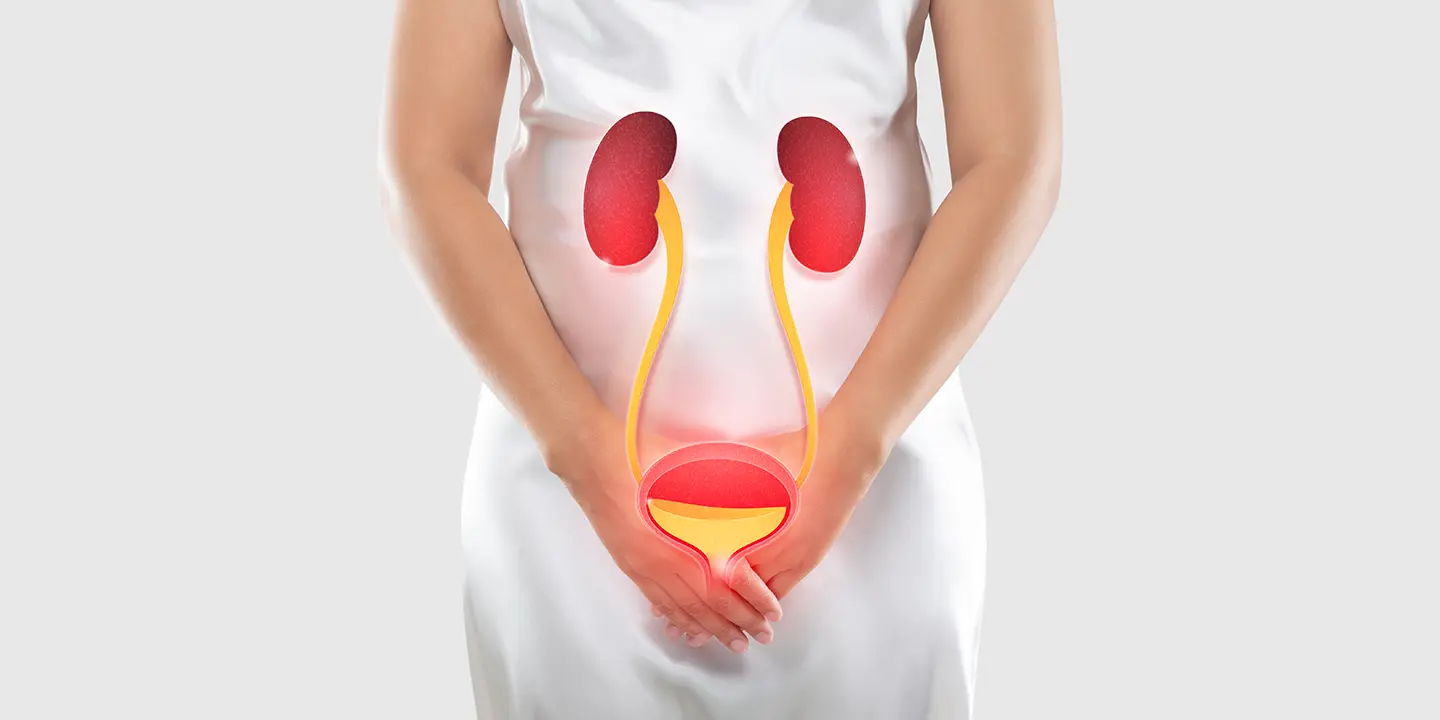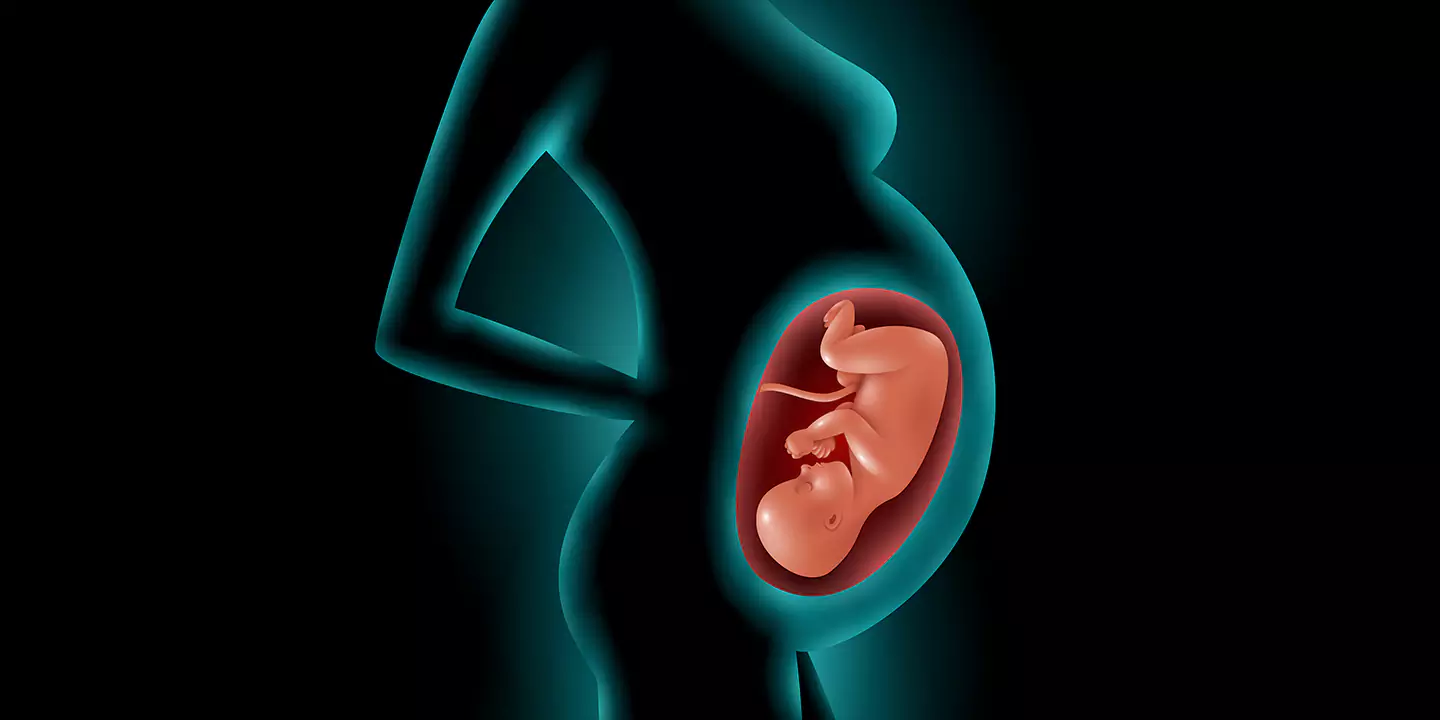
Women have two ovaries. Ovaries are the most significant part of female reproduction. The ovarian cyst is a common term, and it can be developed at any age, during the menstrual cycle or after menopause.
Ovarian cysts are identified in different categories, functional cysts, and pathological cysts. Functional cysts are associated with the menstrual cycle. Usually, they are harmless and non-cancerous. Most of them disappear after a few months without any treatment, although some may cause pelvic pain.
Book your appointment with QUEEN’S GYNECOLOGY to get the right ovarian cyst treatment at the right time.
Pathological cysts are grown by unusual cell growth, and they are not linked to the monthly menstrual cycle. Anyone can develop one or many before and after the menopausal days. Some of them grow very large and obstruct or stop the blood to flow to the ovaries. They are usually non-cancerous, but some can be cancerous also and they should be removed by surgeries. During menopausal and post-menopausal days, cancerous cysts are very common.
Ovarian cysts do not cause noticeable symptoms until they are ruptured or are very large and block the blood to flow to the ovaries. In such cases, some common symptoms include:
- Pelvic pain, dull or sharp and severe
- Painful intercourse
- Painful or irregular bowel movement
- Frequent urination
- Abdominal swelling or bloating
- Heavy and irregular bleeding during menstrual days or very lighter periods
- Lower back pain
- Tenderness in breasts
- Lower back pain
- Difficulty in getting pregnant
- Fever and more
Related Blog: What foods to avoid if you have ovarian cysts? Ten foods to eat during ovarian cyst!!
In this Article
Treatment of Ovarian Cyst
Most of the cysts are disappeared on their own after a certain time. In some cases, if the cyst is found in the same place after repeated tests, you need to consult a specialist for ovarian cyst treatment. If the cyst seems cancerous, the doctor may recommend removing it surgically.
The best clinic for ovarian cyst treatment in Delhi recommends two types of surgeries to eliminate ovarian cysts, laparoscopy, and laparotomy.
Laparoscopic Treatment of Ovarian Cyst
Laparoscopy is the most commonly used surgery for removing ovarian cysts. Most cysts can be removed successfully by this procedure. In this process, the doctor makes small cuts on your abdomen and blows gas into your pelvis. It helps the doctor to access your ovaries easily.
A laparoscope is a tube-shaped, thin microscope with a camera on the top. It is passed into your abdomen that the doctor can see your internal organs. The best laparoscopic surgeon in Delhi removes the cyst through a small cutting on your skin. Now, the gynecologist closes the cuts by stitching or using skin glue. The whole procedure is performed through general anesthesia.
People prefer laparoscopy as it causes less pain. Patients have an easy recovery after a few days. Some patients even do not need hospitalization and are discharged from the hospital on the same day.
Related Blog: What Size of Ovarian Cyst is Dangerous? Complete Guide
Treatment of Ovarian Cyst by Laparotomy
If the cyst is larger and it seems to be cancerous, the best gynecologist recommends Laparotomy. In this process, the doctor makes a larger cut in your lower abdomen that the cyst can be seen and accessed clearly.
The doctor removes the entire cyst and the ovary if necessary. The removed cyst is sent to the laboratory to check if it is malignant or not. The doctor stitches the incision or staples it after the procedure. Patients may need to stay a week or some more days in the hospital after Laparotomy surgery.
After the removal of ovarian cyst, patients may feel light to severe pain in the abdomen. Other post-operation symptoms include heavy bleeding, dark vaginal discharge, or fever. Visit the best clinic for ovarian cyst treatment in Delhi and discuss your issues with your gynecologist.
If your test result shows that the cyst is malignant, you are suggested to remove the ovaries, uterus, and surrounding tissues to avoid spreading cancer. It triggers early menopause, and patients are no longer to give birth to a baby. To live a healthy life, patients should be connected with the best gynecologist regularly.






























































































































































































